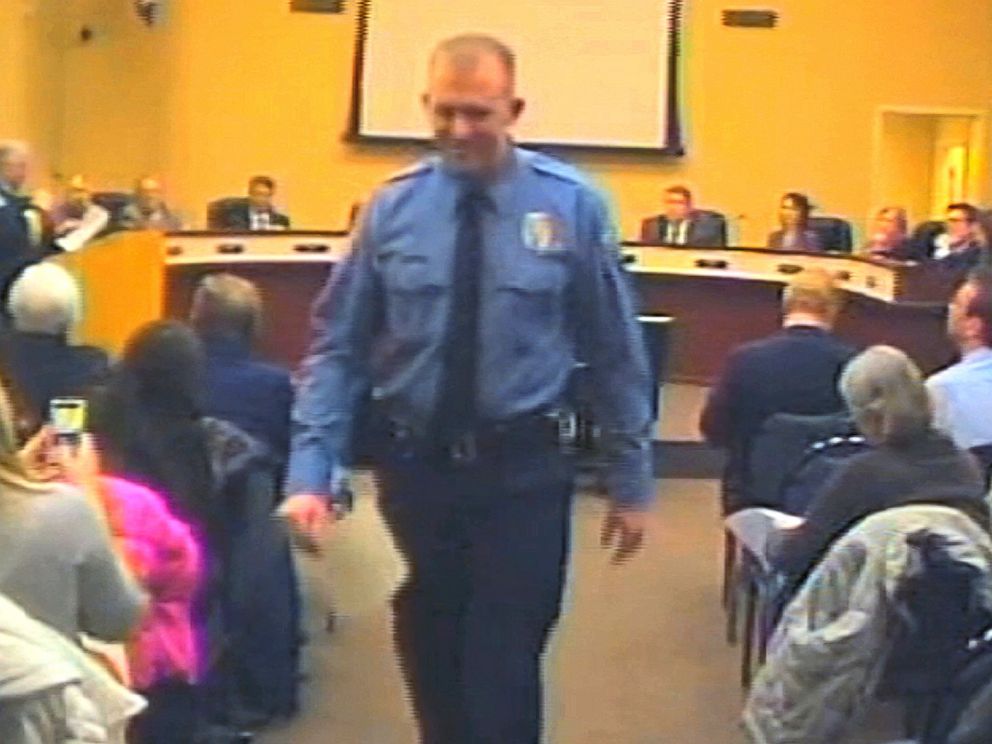4 Reasons Cases Like Ferguson Are Hard for Feds to Prosecute
After Ferguson decision, is there anything the feds can actually do?
— -- As soon as the grand jury in Ferguson, Missouri,, announces its decision over whether to charge Police Officer Darren Wilson for fatally shooting teenager Michael Brown, the public will almost certainly turn to the Justice Department and say: Your move, Mr. Attorney General.
U.S. Attorney General Eric Holder has vowed a "fair" and "thorough" investigation into the matter. But when pressed by ABC News in August, Holder seemed to acknowledge federal charges against Wilson are hardly guaranteed.
What are the hurdles to bring civil rights charges against a police officer who fatally shot an unarmed teenager?
Here are the top four challenges facing federal prosecutors, according to many of those who've prosecuted such cases:
1. "The law"
Under federal law, prosecutors need to prove two things: (1) it was "unreasonable" for Wilson to believe Brown posed a threat to him or the public, and (2) Wilson "willfully" deprived Brown of his constitutional rights.
"It's hard enough to prove willfulness to a jury when an officer beats a handcuffed suspect," said Rachel Harmon, a former Justice Department official who prosecuted several cases of excessive force by police. "It is much more difficult still when an officer uses force in an ongoing encounter with an unrestrained … suspect, even if that person is unarmed."
Reasonableness comes "from the perspective of a reasonable officer on the scene, rather than with the 20/20 vision of hindsight," a federal judge told jurors in a 2010 case in New Orleans that ultimately acquitted an officer who fatally shot an unarmed man.
That analysis must also consider "that police officers are often forced to make split-second judgments in circumstances that are tense, uncertain, and rapidly evolving," U.S. District Judge Lance Africk said then.
Federal investigators will also be taking a close look at Wilson's background and any personal views that could have impacted his decision-making when he encountered Brown.
In Ferguson, "even if [Wilson] was wrong about the amount of force that was necessary, if it was reasonable given all of what he was confronting at the time, then he can't be charged," said William Yeomans, who spent 26 years prosecuting civil rights cases at the Justice Department.

Yeomans said the release of case information outside a grand jury room can have an impact on what happens inside the room.
Yeomans took particular issue with the official release of a video showing someone identified as Brown allegedly stealing cigars from a convenience store minutes before the fatal encounter with Wilson.
At the time, police insisted they "had to release" the video in the interest of transparency and because they received too many "freedom of information requests" from news outlets.
Still, many leaks – such as details of secret witness interviews and autopsy reports – have been favorable to Wilson, and that "tends to affect the way that grand jurors approach the situation," Yeomans said.



